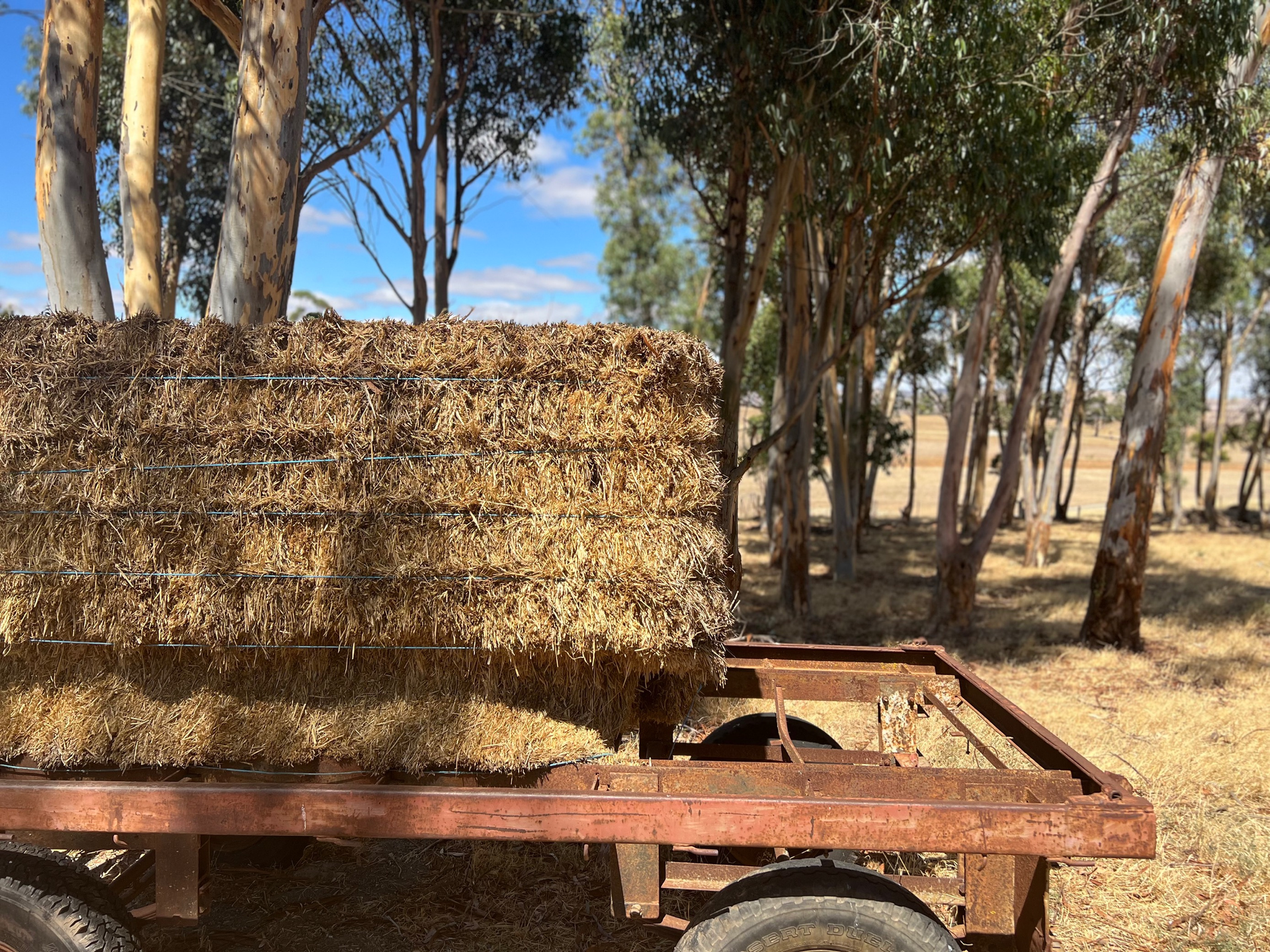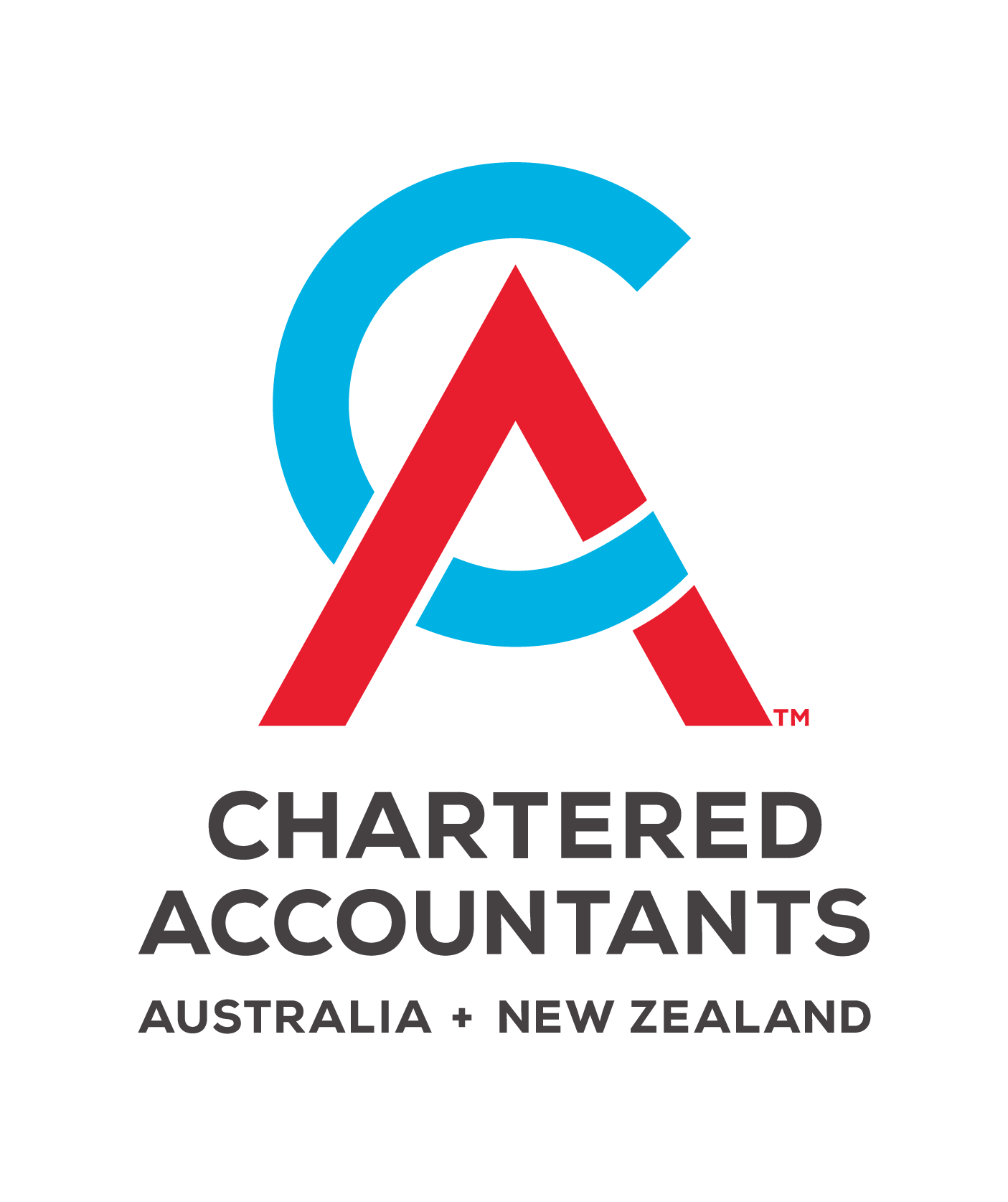News Articles
Agribusiness Industry
Temporary full expensing: Beware of the sting in the tail!
31 July 2023

Let’s take you back to 2020, and the world is reeling from the aftermath of Covid-19. In a bid to stimulate the economy, the then Government introduced the popular Temporary Full Expensing (TFE) legislation on October 6th. This financial incentive allows businesses with a turnover of less than $5 billion to write off 100% of their eligible capital expenditure of the 2021 and 2022 financial years. Later it was extended to include the 2023 financial year.
Here’s where the tale takes a twist! For Small Business Entities (SBE’s) using the simplified depreciation rules, any remaining balance in their small business pool is completely written off in the 2021 financial year. Therefore, this means that unless they opt out of these simplified rules all their eligible capital assets will be fully depreciated, holding no further taxable value for them.
Fast forward to the recent Federal Budget the Government decides against extending the TFE measures. Instead, they set the immediate asset write-off for SBEs at a mere $20,000 from 1 July 2023, to 30 June 2024. Importantly, that’s a significant reduction in both eligibility and value. Considering most agribusiness equipment alone far surpasses this new limit, this spells potential tax consequences for businesses in the foreseeable future.
Let’s dive into a scenario to understand the impact (all amounts are GST exclusive)
In 2020, you purchased a tractor for $350,000, which was added to the small business pool. As part of the pool balance write-off in 2021, the tractor was fully depreciated. Fast forward to the 2024 financial year, and you realise it no long has the horsepower to meet your expanding needs. You decide to upgrade to a bigger and newer version worth $500,000. With the buoyant second-hand market, you receive a trade-in offer of $275,000 for the original tractor, resulting in a changeover cost of $225,000.
Now, let us explore the tax consequences of this transaction
The new tractor, priced at $500,000, will be included in your small business pool. Under the simplified depreciation rules, you’re entitled to a 15% deduction in the first year, amounting to $75,000.
The original tractor holds no tax value, which means that 100% of the trade-in proceeds, i.e., $275,000 will be taxable.
More importantly, this transaction alone adds an additional $200,000 ($275,000 proceeds minus $75,000 deduction) to your business’ taxable income.
Considering most
agribusiness equipment
alone far surpasses
this new limit, this spells
potential tax
consequences for
businesses in the
foreseeable future.

The repercussions of these
changes are significant,
particularly for businesses that embraced the TFE rules.
The repercussions of these changes are significant, particularly for businesses that embraced the TFE rules. The situation becomes even more dire if TFE assets are sold without a replacement since 100% of the disposal proceeds will be taxable income, without any deduction to offset it.
Taxing terrain: here are some strategies to help you navigate
Firstly, consider quantifying the value of the deferred tax on any future sales of your current capital assets. This will allow you to recognise this liability on your balance sheet, giving you a clearer view of your business’s future obligations. While this may be more straightforward for companies due to the constant tax rate, other entities can estimate this liability as well.
Secondly, tax planning is vital, so make sure you speak to your accountant before undertaking any sales or changeovers to understand the transaction’s tax consequences.
Taking stock and reviewing expected annual results, along with any taxable income resulting from these transactions, essential measures can be put in place to reduce the potential tax burden of these transactions.
Last, but not least, any business decision, be it equipment sale or changeover, should never just be viewed from a tax perspective. Decisions need to be made with the business plan in mind to ensure they maximise the returns for the business.

Discuss Further?
If you would like to discuss, please get in touch.
Disclaimer
The information provided in this article does not constitute advice. The information is of a general nature only and does not take into account your individual financial situation. It should not be used, relied upon, or treated as a substitute for specific professional advice. We recommend that you contact Brentnalls SA before making any decision to discuss your particular requirements or circumstances.







